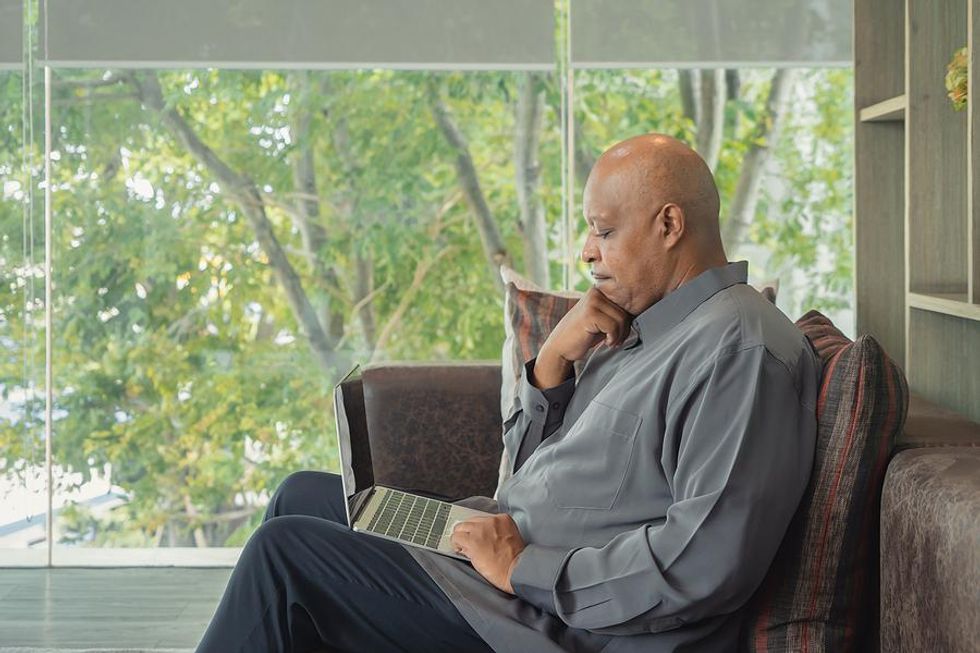Reinventing Your Career? 5 Steps To Assess Your Transferable Skills

As we all know, most of us will reach a time in our work life when we have to reinvent our careers for an evolving economy. Some of us go back to school while others enter new businesses.
The first thing you want to do when considering a career change is to stop thinking of yourself as just a job title, whether that be financial analyst, human resources specialist, manager, teacher, or homemaker. No matter how you spend the first part of your career, whether it’s coaching soccer or fully entrenched in corporate America, we all end up developing specific expertise.
If you start your own independent business from scratch, you will need to know something about every aspect of the business, from managing staff to selling your product or service.
If you’re interested in switching to a new industry, you might want to consider a franchise, which comes with a tried-and-true business model, a brand name, and marketing expertise, as well as a training program and ongoing support. With a franchise, you get to operate your own business while having a team of experts behind you.
To accurately gauge your preparedness for any new endeavor, you should consider all the skills you have accumulated that can be transferred to a new career.
As you take inventory of your transferable skills, you want to dive deep into the details of your day to accurately assess your strengths for a successful career change.
1. List What You Do In An Average Workday

Make a list of all the activities you perform on any given workday over a week, since not everything you do happens daily. And don’t skip anything you may consider “a no-brainer” or insignificant because these little things can add up to a very significant skill that could transfer to another industry seamlessly.
So, if you sometimes have to field phone calls from disgruntled clients, and you’ve discovered you’re really good at calming people’s nerves, that’s a valuable skill. Even if your job title is “financial analyst.”
You never know what skill could make all the difference in your career change.
2. Realistically Assess Your Personal Strengths

You don’t need to be good at everything, but if cold-calling is an essential aspect of the company you want to apply to in your career change, you need to know you can do this day in and day out.
Consider core skills such as communications, business acumen, managing people, marketing, and so on. Be honest with yourself and stay clear of jobs that rely on skills that are not among your strengths. Changing careers is a lot easier when you know all of your strengths and how they can help you succeed in your next job.
3. Are You Detail-Oriented Or More The Big-Picture Thinker?

If you’re a numbers person and love tabulating figures, you may want to find a business that can capitalize on this valuable skill. Or maybe you prefer creating strategies that can make the whole operation run more smoothly.
Being detail-oriented or a big-picture thinker aren’t hard skills. They’re just adjectives and definitely DON’T belong on your resume. But knowing which category you fall under should help you identify the hard skills you possess that make you one or the other.
4. Do You Have Good Follow-Through?

Building a clientele involves not only making good connections but following through to convert these new contacts into lasting relationships. Follow-through can also be an essential attribute in managing staff. A good franchise program can help you learn this skill.
While you don’t want to state you have good follow-through on your resume, you should quantify your work experiences so that employers will get that impression when they read your job application. When trying to change careers, quantifiable skills and accomplishments are a necessity.
5. Are You A People Person?

Do you love being around and meeting new people? Do you strike up conversations easily and enjoy learning about other people’s interests and goals? Many businesses require a whole range of people skills in hiring and managing staff and attracting and keeping customers, but there are lots of businesses where the role of the owner mainly involves working alone at your computer.
No matter where you end up after your career change, you will have to deal with people in some way, shape, or form. But if you don’t want a customer-facing role, it’s good to know that so you can choose which transferable skills to highlight in your resume and which to omit.
With personal skills inventory in hand, you’re now ready to begin researching businesses that would best match your skills and interests. A career change can be scary. But if you’re confident about the skills you’ve developed in your career up to this point, you’ll be just fine.
Need more help with your career change?
Become a member to learn how to successfully change careers and UNLEASH your true potential to get what you want from work!
This article was originally published at an earlier date.












































